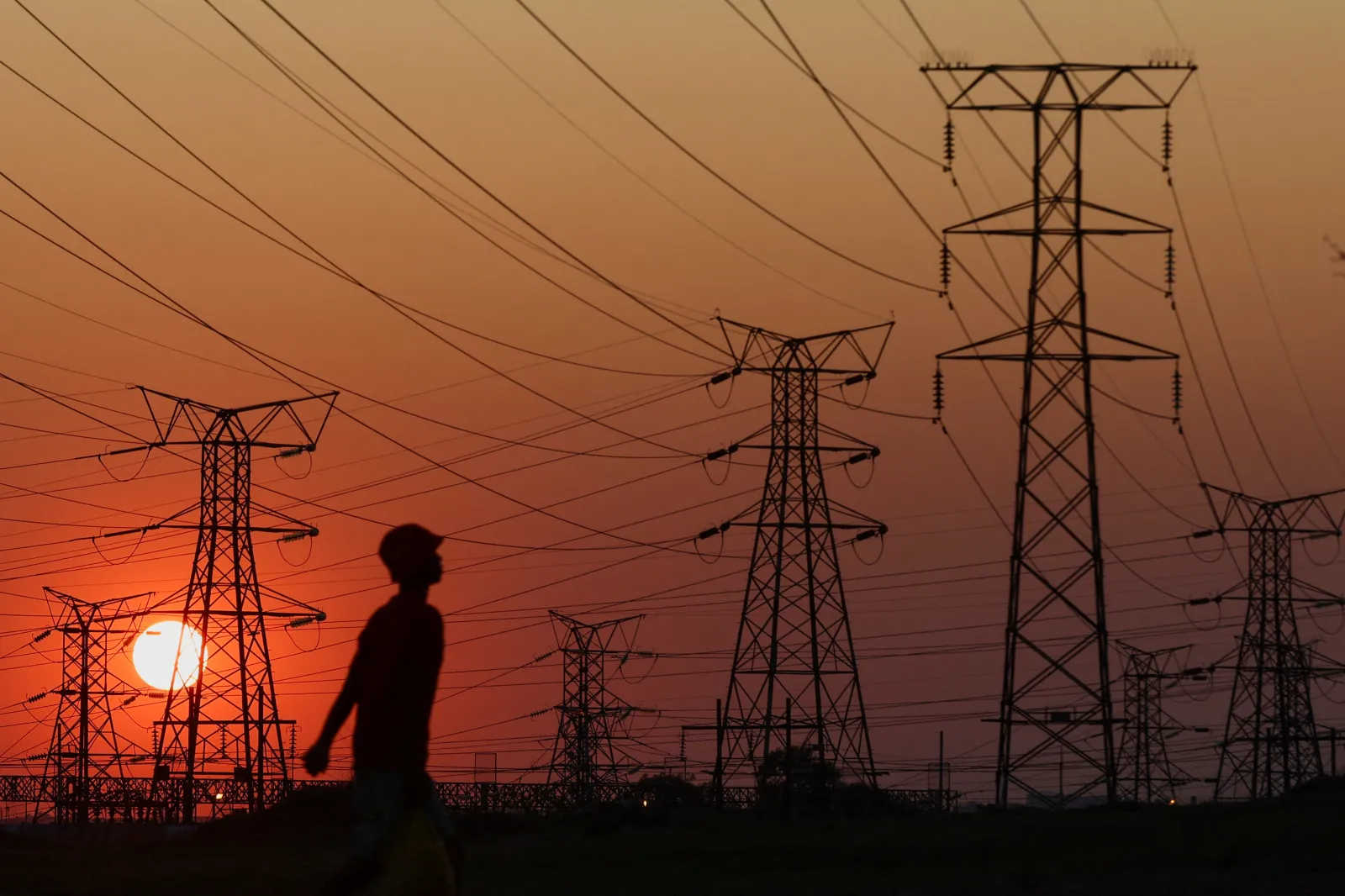FOREIGN AFFAIRS magazine: The Case for Global Carbon-Pricing
From CCL Community
Foreign Affairs magazine is the most influential journal of its kind in the United States and is widely read abroad as well. A new article makes “The Case for a Global Carbon-Pricing Framework.” It’s well worth reading. A few excerpts:
At climate change summits, world leaders tend to agree on almost everything except what could help the most: directly addressing rising carbon emissions by making them expensive for emitters. For decades, scientists and economists have concluded that pricing carbon is critical to reducing global carbon-dioxide emissions fast enough to combat irreversible climate change. Yet most politicians overlook or even fear carbon pricing. The fossil fuel lobby, in particular, has circulated dangerous myths about carbon pricing, including that it disadvantages developing countries.
By now, however, there is abundant proof that pricing carbon dramatically lowers emissions and even economically benefits the societies that do it. The technical and political barriers that have, so far, impeded an agreement can be overcome with the right institutional design. The need for a global agreement on carbon pricing can no longer be postponed: without a global carbon-pricing agreement, no serious plan to tackle climate change can be made. . .
More than half a century of economic analysis and three decades of empirical evidence suggest that, in the long run, pricing carbon would be politically, economically, and socially beneficial even for the poorest countries. It drives innovation in clean energy technology and generates revenue that can alleviate poverty. It also promotes bilateral, regional, and global cooperation. . .
An agreement to implement carbon pricing worldwide is achievable at this year’s climate summits if leaders make it a top priority. Previous efforts to establish a global agreement for carbon pricing have set target prices too high, making the frameworks seem daunting and politically unpalatable. But a realistic starting point exists between the ideal carbon price ($100 per ton) and the actual median prices in developed countries ($40 per ton) and developing countries (around $10 per ton). World leaders must start at this realistic point: it is crucial to show that a global pricing mechanism of any kind can be set.

